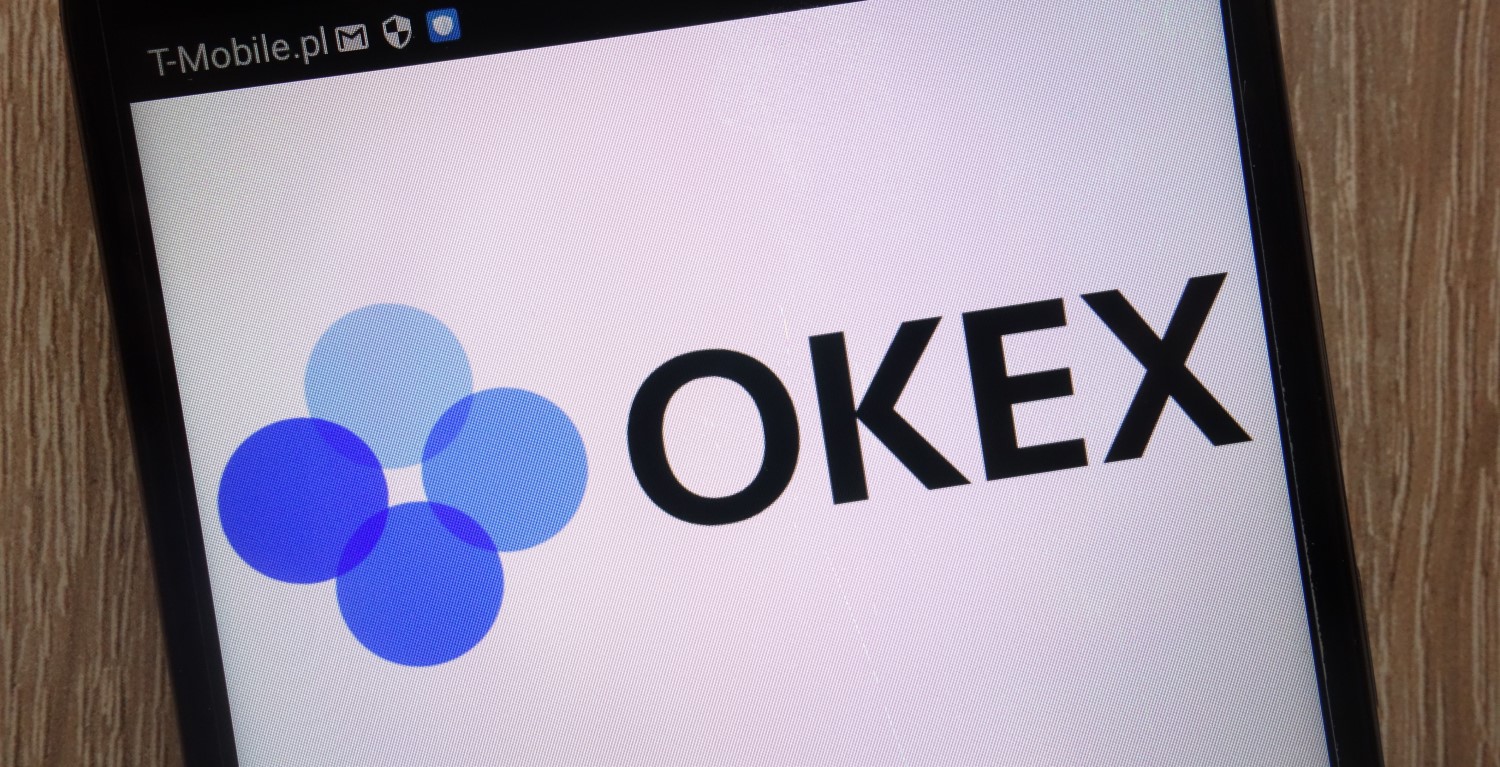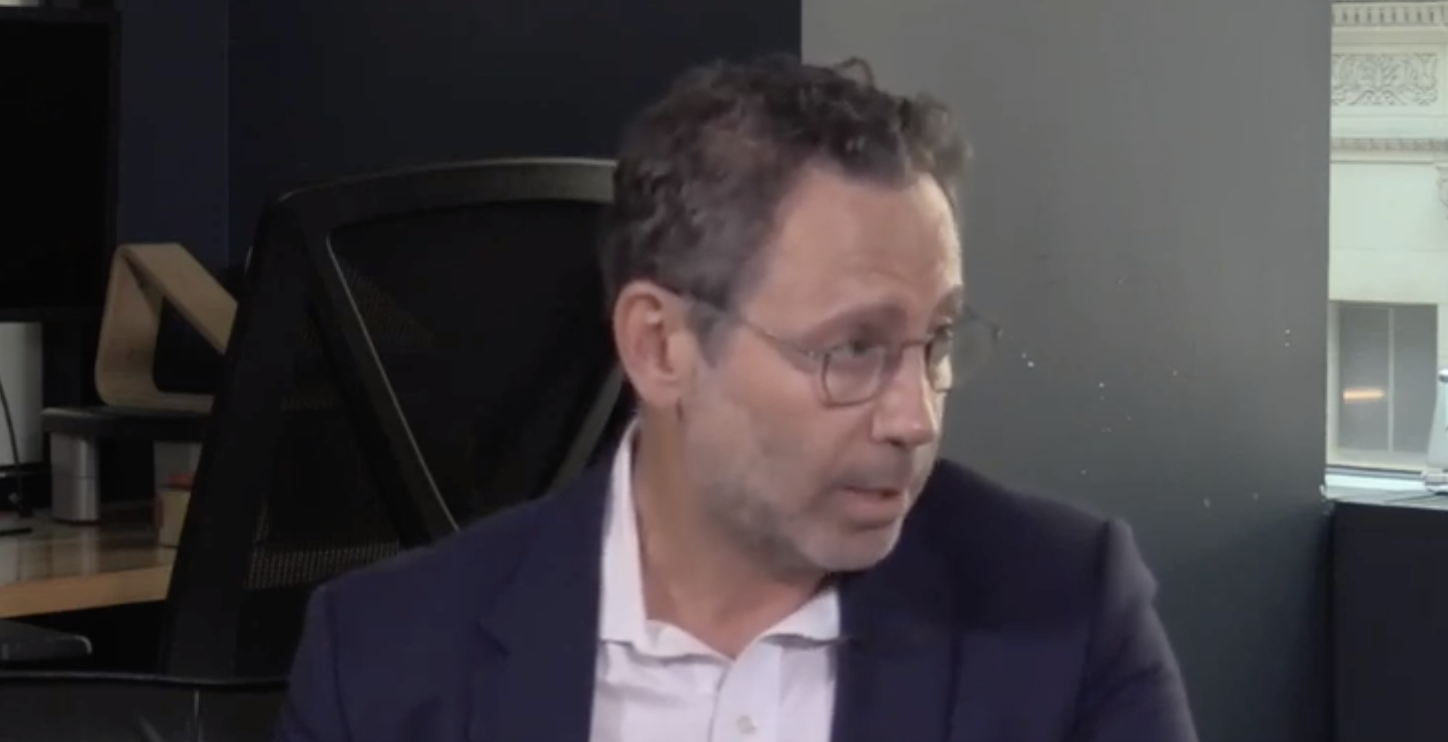Regulatory Pressure Did Not Shut Down Privacy Tool, Aztec Founders Say
Given the recent spate of regulatory crackdowns in the crypto industry, especially with regards to privacy, it would be easy to assume that Aztec Network decided to abandon its Aztec Connect private payments product due to regulatory fears. However, the company says its reasons were only “commercial” in nature.
Aztec Network, a startup focused on privacy for transactions on the Ethereum blockchain, is switching from supporting its own payments product to developing software tools for the decentralized community to use, its leadership told CoinDesk.
On March 13, the London-based company announced it is sunsetting one of its projects, its Ethereum zero-knowledge (ZK) rollup Aztec Connect. It stopped accepting new deposits on March 23, but will allow withdrawals for another year.
A ZK rollup refers to a scaling system for Ethereum that allows transactions to be submitted off the main blockchain (layer 1) and bundled, or “rolled up,” in a smart contract with other transactions. That compressed bundle then settles back on the mainchain with a smaller data proof that can be verified without disclosing the particulars of the transactions within the rollup, preserving the privacy of the transaction.
Aztec Connect was just one of the iterations of the technology Aztec is developing, the company said, and more interesting products are ahead.
In March 2021, Aztec launched its first product – zk.money – a basic software for private transactions on the Ethereum blockchain. In July 2022, a sister product, Aztec Connect, was launched. Both products will be shut down simultaneously, Aztec said. As of Friday, Aztec Connect had little over $20 million of total value locked in the protocol, according to DefiLlama.
To support its operations, Aztec raised VC funding over the past two years. In December 2021, Aztec Network raised $17 million in a Series A funding round to fuel the further technical as well as legal work, the team said at the time. A year later, the company received $100 million more in funding.
Three-letter agencies to blame?
Some users suspected the decision was a result of the regulatory pressure, but Aztec refutes that suggestion. In an interview with CoinDesk, Aztec head of product Joe Andrews and CEO Zac Williamson reiterated that they haven’t been approached by any regulators or law enforcement agencies, although, as a registered U.K. company, Aztec is in contact with that country’s regulators.
Last year, Ethereum’s most popular mixer, Tornado Cash, was put on a sanctions list by the U.S. Treasury Department’s Office of Foreign Assets Control (OFAC) for being used by North Korean hackers; soon after, Tornado developer Alexey Pertsev was arrested in the Netherlands. OFAC also sanctioned another mixer, Blender.io, and last week, U.S. and German authorities announced the seizure of servers belonging to ChipMixer.
The crackdown made it clear that the governments of the world, especially, the one in the U.S., do not look favorably on blockchain privacy tools, be they decentralized open-source services like Tornado Cash or its custodial peers.
The Ethereum community had an especially tough experience with regulators over the past several years, especially in the criminal case of Ethereum developer Virgil Griffith, who was sentenced to five years in jail for speaking at a North Korean crypto conference.
Yet, none of this was a factor in the demise of Aztec Connect, the company said.
“What’s happened over the last six months, it has been concerning,” CEO Williamson said. “I feel [there] is an attempt to establish a precedent that on-chain privacy is somehow dangerous and should not be expected by default by users. But we had not been largely affected by that – we have not been approached by the regulators.”
He added that while the company did discuss the regulatory aspect internally it was the commercial side that tipped the balance in favor of winding the project down.
The entire service ran on a single node, and supporting that node had become prohibitively labor intensive, demanding the attention of half of Aztec’s team of over 40 people. Considering the company is not generating a profit and currently runs on the money raised during the funding rounds, this model wouldn’t be sustainable.
Furthermore, Aztec Connect was not as stable and scalable as the team wanted it to be, and in its current version, as a single node, it was de facto centralized, Williamson said:
“If we wanted to keep it alive we would have to decentralize it, and we were not prepared to sink resources into that.”
The company plans to focus on developing Noir, a programming language that would help create zero-knowledge-powered, private Ethereum smart contracts, along with the software required to run a new iteration of Ethereum ZK rollup Aztec 3. In addition to privacy, this software will also allow developers to build compliance tools right into decentralized applications.
“We want to establish a precedent with this technology – that the side of regulation is on the application and not the network level. You can’t do it when you have a centralized node in a centralized network. At this point, the network and the application are the same. So we need a better technology to establish that,” Williamson said.
The plan is to have a small community of developers to build on the new iteration of Aztec software as soon as within the next six months, Andrews, the head of product, said.
However, unlike with Aztec Connect, the company is not planning to run its own node, only to provide software tools for others to build and run nodes of their own. When asked whether they think such an approach would weaken the technology’s adoption, Williamson and Andrews said they don’t believe so.
“I would be very in favor of us running a node,” Williamson said, adding that the team has not yet discussed this issue in depth.









